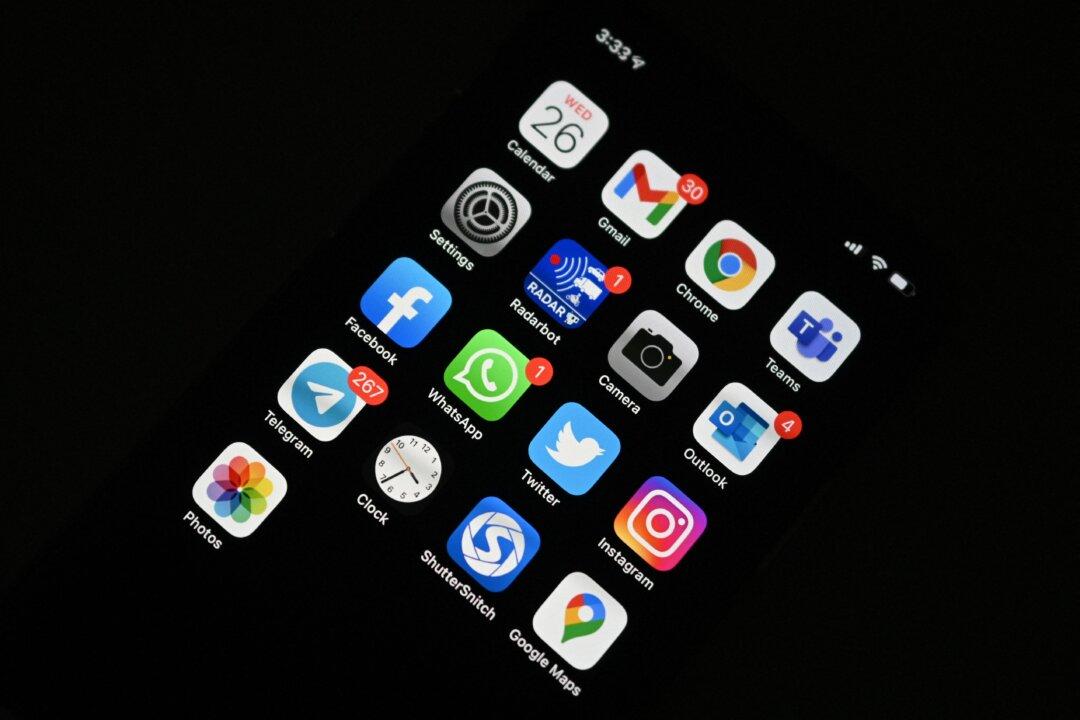In a recent warning, the Canadian Centre for Cyber Security highlighted the significant risks associated with the increasing dependence on mobile apps, including data collection and vulnerabilities, which threaten privacy and security.
The Cyber Centre emphasized that while apps like Instagram and Snapchat offer convenience and entertainment, users can become complacent, with potentially serious consequences.





